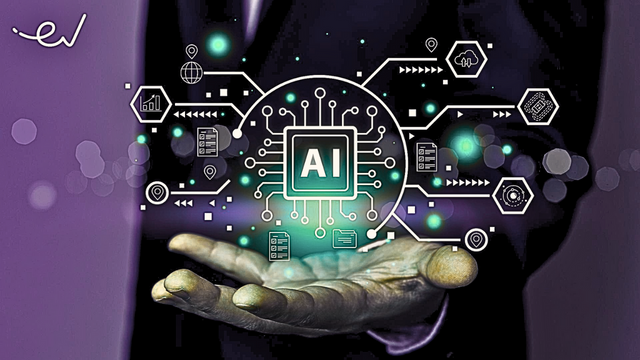What is Artificial Intelligence?
#What is Artificial Intelligence?
Artificial Intelligence (AI) refers to the simulation of human intelligence in machines that are programmed to think and learn like humans. It encompasses a variety of technologies and techniques that enable machines to perform tasks that typically require human intelligence, such as visual perception, speech recognition, decision-making, and language translation. AI has the potential to revolutionize various aspects of our lives, from healthcare and finance to education and entertaintment.
There are two main types of AI: narrow or weak AI, and general or strong AI. Narrow AI is designed to perform a specific task, such as voice recognition or image classification, and it excels in that particular area. General AI, on the other hand, would have the ability to understand, learn, and apply knowledge across a wide range of tasks, much like a human being. As of now, we have primarily achieved narrow AI, and the development of general AI remains a complex and ongoing challenge.
Machine learning is a key component of AI, allowing machines to learn from data and improve their performance over time without being explicitly programmed. Deep learning, a subset of machine learning, involves the use of neural networks with many layers to analyze and interpret data. This approach has been particularly successful in tasks such as image and speech recognition.
AI applications are widespread and continue to grow. In healthcare, AI is used for disease diagnosis, personalized medicine, and drug discovery. In finance, it aids in fraud detection, algorithmic trading, and customer service. Autonomous vehicles leverage AI for novigation and decision-making, and smart homes use it for voice-activated assistants and home automation.
However, the rapid advancement of AI also raises ethical and societal concerns. Issues related to privacy, job displacement, bias in algorithams, and the potential misuse of AI technologies are subjects of ongoing debate. Striking a balance between innovation and responsible AI development is crucial to ensuring that AI benefits society as a whole.
The field of AI research and development is dynamic, with continuous breakthroughs and advancments. As technology progresses, it is essential for society to adapt, setting ethical standards and regulations to guide the responsible deployment of AI. The future of AI holds immense potential, and how we navigate its development will shape its impact on humanity in the years to come.
